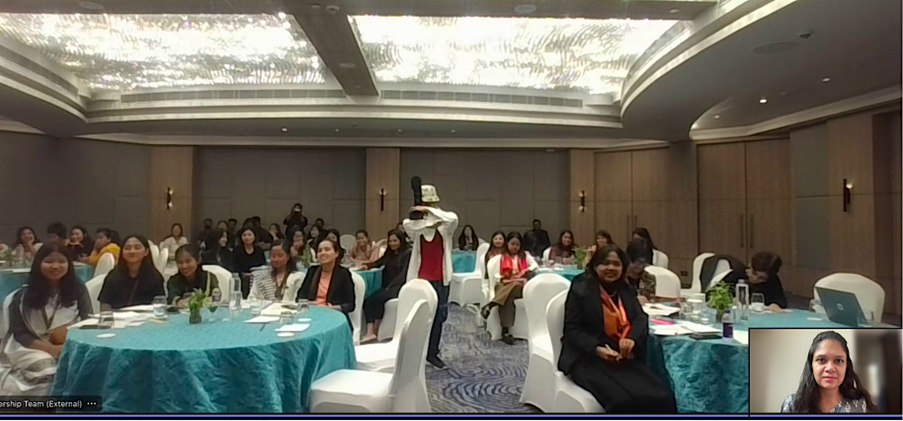
“Addressing gaps in skilling , and creating a skilled workforce in the EV ecosystem could be a precursor to increased entrepreneurial opportunities in Electric mobility,” said Suchitra Subramaniyan, Programme Manager, Electric Mobility, Shakti, while participating in a panel discussion as part of a workshop ‘Electrifying Meghalaya: Exploring Entrepreneurial Opportunities for Women and Marginal Communities in E-Mobility’ held in Shillong, Meghalaya, on August 23, 2023.
Addressing gaps in skilling, and creating a skilled workforce in the EV ecosystem is integral to achieving increased entrepreneurial opportunities in Electric mobility. Although this is common to all citizens, this becomes even more important in the context of young women in Meghalaya and marginal communities, especially in terms of providing opportunities to create a level playing field.
Skilling here would refer to not only diploma level courses, EV graduate courses but also inclusion of skilling course in ITIs – with dedicated courses for women and marginal communities on hands-on training on EVs and EV components, thus enabling women from marginal communities to become self-reliant!
Other opportunities around entrepreneurship could be created in kirana stores managed by women, and installing quick battery swap stations at the shops for electric-2 and 3 wheelers. Meghalaya could also implement schemes such as “pink auto scheme” where e-autos are made available especially for women drivers. In addition to making women passengers feel safe while travelling, this would help in making women self-reliant and encouraging entrepreneurship. This scheme has been tried in Goa, and will soon be tested in Amritsar, Punjab as well!
Governments, PSUs, CSOs can also come together to create awareness initiatives which could encourage women to participate in the transition to EVs. As an example, a one of its kind initiative called ‘Mo E-ride’ was introduced in Bhubaneshwar, Odisha, which consisted of an e-rickshaw feeder system, to enable the best connectivity for commuters in the city. At the time of its inception, Mo e-ride focussed on encouraging inclusion- wherein the rickshaws were operated by women and the transgender community.
